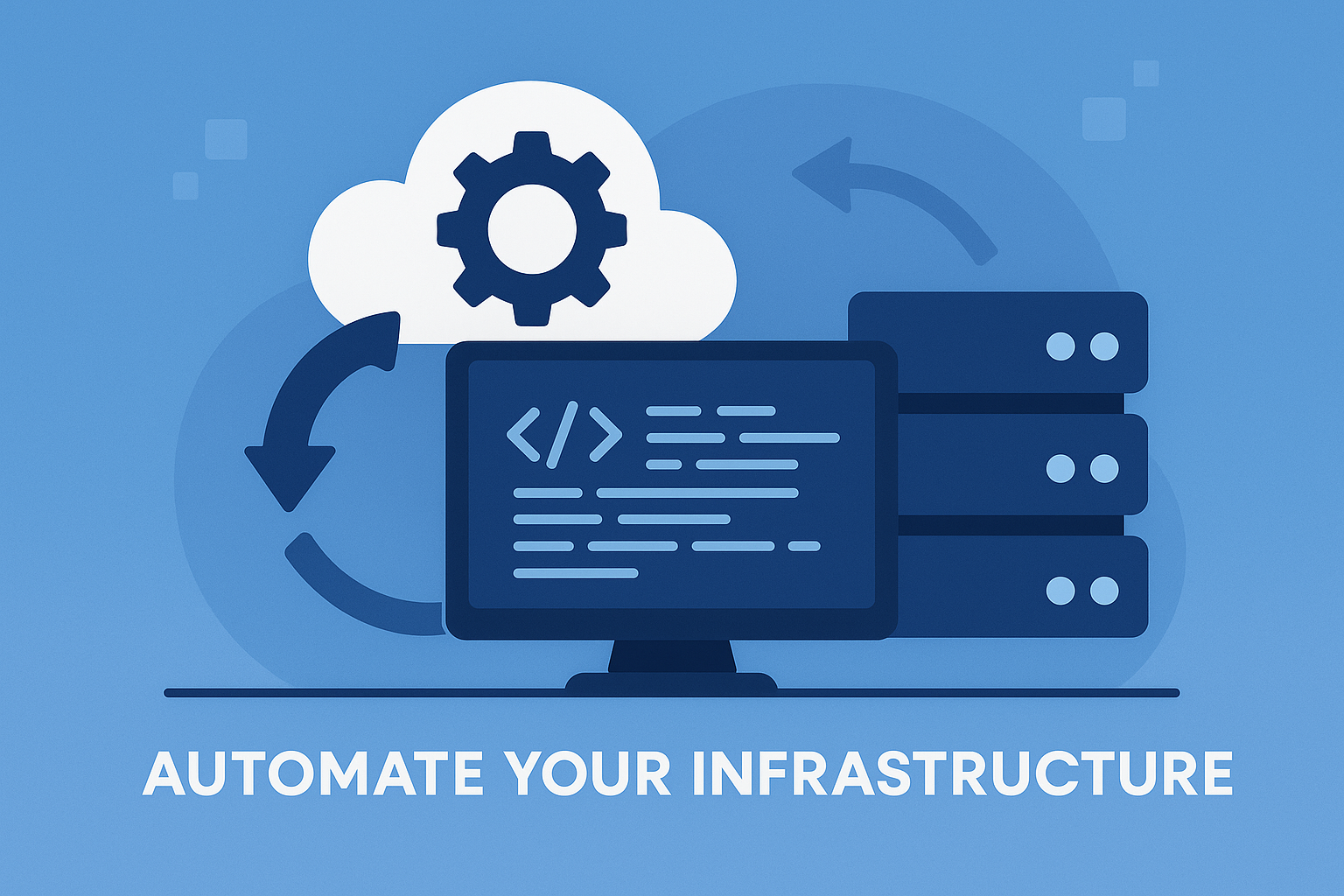Cloud Native and Kubernetes: Pioneering High Availability and Scalability in Software Operations
In modern software development and deployment, cloud-native technologies are the revolutionaries leading the charge towards a more dynamic, resilient, and scalable approach to application deployment and management. At the forefront of this revolution is the Cloud Native Computing Foundation (CNCF), an organization that has laid the groundwork for what we understand the term “cloud native” to mean. This in-depth exploration is designed for Cloud Native Associates and the broader native community invested in leveraging Kubernetes clusters for optimal resource management, ensuring high availability, and embracing the inevitable cultural shift towards microservices-based applications.

Understanding the Impact of Cloud-Native Technologies
The term “cloud native” has become a beacon in the tech industry, signaling a specialized approach to building and running applications that exploit the advantages of the cloud computing model. Cloud-native technologies promote best practices that prioritize resilience, agility, and rapid scalability. By leveraging open-source projects and cloud infrastructure orchestrated by Kubernetes, organizations can achieve high-velocity innovation and development, leading to a greater market presence and enhanced customer satisfaction.
Kubernetes: Orchestrating Container Technologies for Scalability
Kubernetes, a project born out of the need to manage containerized applications at scale, has become synonymous with cloud-native technologies. A cloud native approach to application deployment involves using container orchestrators such as Kubernetes to manage the lifecycle of containers efficiently. The specialized orchestration capabilities of Kubernetes enables developers and operators to maintain high availability of services, a critical requirement in today’s fast-paced business environment.
Kubernetes and DevOps: Symbiotic Relationship for Modern Software
The strategic collaboration between Kubernetes and the major public cloud providers (AWS, GCP, Azure) has cemented the integration of Kubernetes into the DevOps paradigm. As the most prominent container orchestration system, Kubernetes facilitates a seamless and automated pipeline for deploying cloud-native applications. This process is integral to the operation of modern software, where the demand for scalable applications can be unpredictable and requires a system that can adapt rapidly.
Containerization: The New Standard in Cloud Infrastructure
The advent of container technologies such as Docker marked a significant milestone in the evolution of cloud platforms. As an open-source system, containers provide a lightweight and efficient method of packaging software, ensuring that it runs reliably when moved from one computing environment to another. This has been crucial for cloud-native applications that require a consistent environment across various Kubernetes providers, from development through to production. This ability to be cloud agnostic or even operate on a multi-cloud environment sets Kubernetes solutions apart when it comes to adaptability, resiliency and consistency.
Building a DevOps Culture with Cloud-Native Best Practices
The adoption of Kubernetes and cloud-native technologies necessitates an inevitable cultural shift within organizations. This change is characterized by a move away from traditional, monolithic architectures to microservices-based applications that are designed for greater autonomy and distributed development. By embracing these new technologies and incorporating them into the DevOps culture, organizations can enable a CI/CD (Continuous Integration / Continuous Deployment) pipeline that is fast, reliable, and aligned with best practices for developing scalable applications.
The Architectural Excellence of Cloud-Native Applications
A cloud-native architecture is essential for businesses seeking the agility and innovation needed to compete in today’s market. The specialization of cloud-native technologies through open-source projects has given rise to an ecosystem that supports the rapid deployment of stateless applications. These applications are designed to quickly start and gracefully terminate, making them ideal for high-density environments found in cloud platforms.
Kubernetes: Shaping the Future of Cloud Platforms
As the Kubernetes project continues to evolve, its role in shaping the future of cloud infrastructure becomes increasingly prominent. The Kubernetes control plane is at the heart of its operation, providing the mechanisms needed to deploy, scale, and manage the lifecycle of containerized applications across various computing environments. This capability ensures that cloud-native applications remain scalable and maintainable, which is critical for organizations that must adapt quickly to new market demands.
Conclusion: Embracing the Kubernetes-Empowered Cloud Native Journey
The key takeaway from this exploration into cloud-native technologies and Kubernetes is clear: organizations that embrace these advancements are setting themselves up for future success. The combination of Kubernetes clusters, cloud-native applications, and container technologies represents the pinnacle of operation in modern software. By committing to this path, companies can ensure high availability, resource management, and a competitive edge in the marketplace. If this is a path your business wants to go down but you don’t have the resources to do it, then contact us today to see if we can help you get there. Our turnkey and custom solutions or our Managed Kubernetes Service might be just what you need to accelerate your project.



